Indigenous South African Cuisine
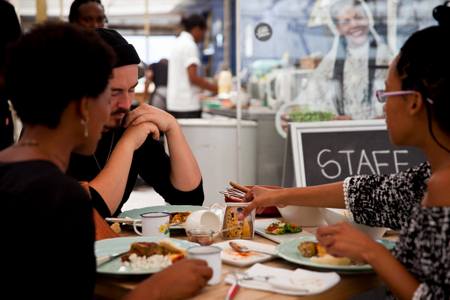
4roomed eKasi Culture restaurant
After appearing on MasterChef South Africa in 2014, Abigail Mbalo started a food truck before opening 4Roomed eKasi Culture, a restaurant in the Cape Town township of Khayelitsha. The restaurant serves up classic South African dishes with a modern fine dining twist, and sees diners sit down together at one big table. Abigail is an ambassador for the Meet Your South Africa campaign.
Abigail is an advocate for young black women to stay in townships and use their creativity to bring positive influence. Her restaurant is helping bring tourists to Khayelitsha and change their perceptions of a South African township. Travel Mole speaks to Abigail to find out more about her dining concept and how visitors are experiencing South African food today.
What did you prepare when you appeared on MasterChef South Africa?
During the show we got a mystery box full of South African inspired ingredients. I prepared a terrine of chicken, duck and turkey with quails egg in the centre and orange reduction on the side.
What do your customers perceive as township cuisine before and after visiting your restaurant?
One of the dishes I prepare is called “um qua” and consists of pap (maize porridge) and butternut. Some customers regard this as a peasant meal until I encourage them to taste it. Their reaction is usually “oh wow I will definitely come back for this.” As South Africans we think some of our foods aren’t considered restaurant quality but I want to change that perception.
How much of your township restaurant experience is about the food, versus the home-style environment of your restaurant, versus the Khayelitsha township experience itself?
So much of the visitor experience is about hearing the stories. When visitors come to a South African township they experience the different cultures and narratives that are influencing how we live.
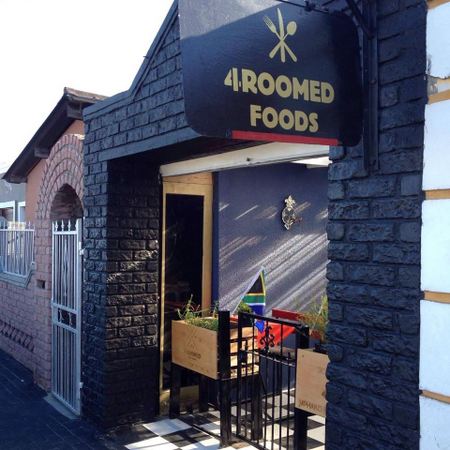
Abigail’s restaurant is located in the Khayelitsha township of Cape Town
What are the top questions your customers ask you?
I am often asked about what inspires me to serve the style of food I am serving and where it comes from. It goes back to the township and bringing different South African cultural groups into one space, which in my case is the plate.
Which are the top nationalities and age groups who visit your restaurant?
We have a very balanced mix of age groups visiting the restaurant which I’m extremely happy about. During MasterChef I used to say I would love to see a unified South Africa. I love to see a white person walking in the streets of the township and feeling comfortable because the past has segregated us. The past that we come from has made us fear each other. We’ve had South African diners coming from predominantly white areas. For them to come to the township is a sign that we are curious about each other and want to embrace each other.
We do have to convince people that it’s safe to visit the township. But it’s great to see people tell their friends or other tourists to come and visit the restaurant.
There are not many restaurants for visitors in townships. Do you think that will change? How do customers find out about you?
This is definitely going to change. There is another restaurant that opened at the end of last year and we supper each other. We can bring in more people by having more choices and that will help to drive the economy.
A lot of people read about us online or come to us through their hotel concierge. Cape Town Tourism also helps in introducing us to people, which I think is a very very good sign.
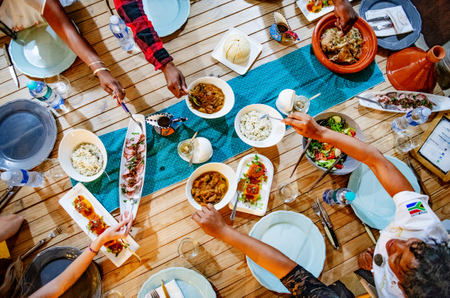
Communal style dining at 4roomed eKasi Culture
How do visitors experience indigenous cuisine in South Africa?
In many restaurants you will find French and Italian inspired dishes with South African inspired ingredients, which I think derives from the training schools which are based on Italian and French style cooking.
What I am seeing now is that we are going back to our roots and asking “how do we bring our food to restaurant tables.” This is a positive shift and visitors tell me that they like experience the culture through our food.
What should visitors be aware of when seeking out local food?
If visitors are looking for a South African experience the main things are to look at restaurants that are sourcing locally, care for the environment, and want to tell a South African story on the plate. Visitors say that this brings so much value to their travels.
Abigail Mbalo is the owner of 4Roomed eKasi Culture, a restaurant in the Cape Town township of Kyalelitsha. She is also an ambassador for the Meet Your South Africa campaign. This Expert Hub article is produced in association with South Africa Tourism UK.
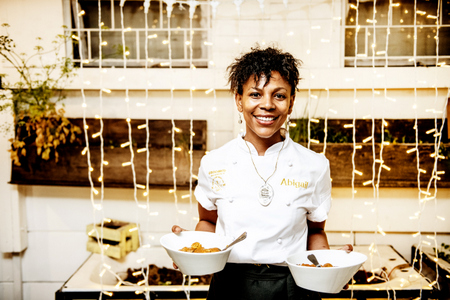
Abigail Mbalo
 United Kingdom
United Kingdom United States
United States Asia Pacific
Asia Pacific
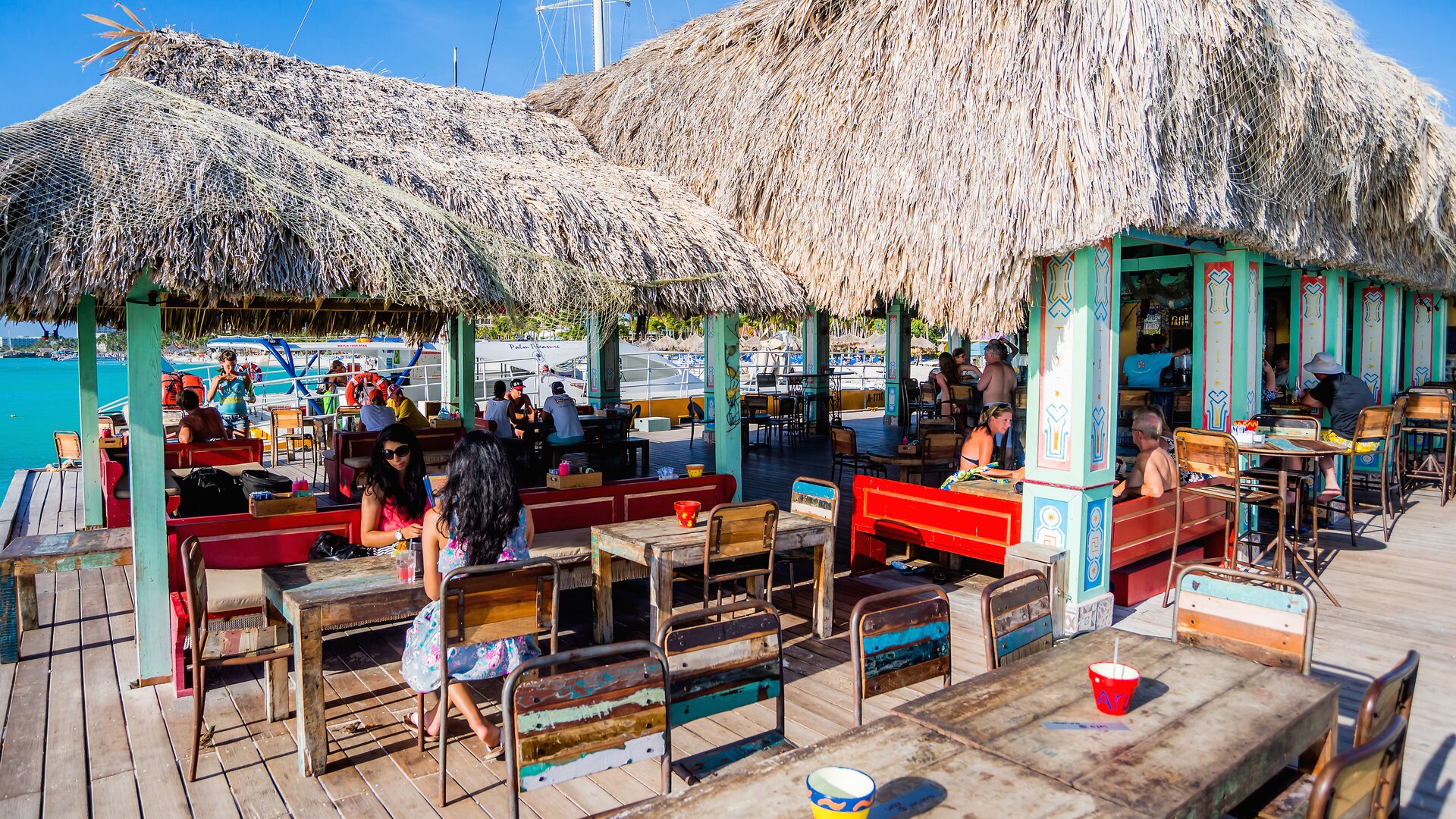

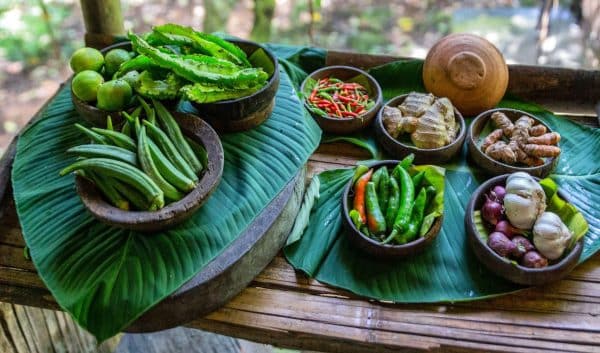





























Over 100 guests ill in cruise ship outbreak
BA flight attendant taken off duty after boozy altercation
Amex GBT taps Expedia for fraud prevention
Passenger attempts suicide on Bangkok-London flight
Saga could sell off cruise ships